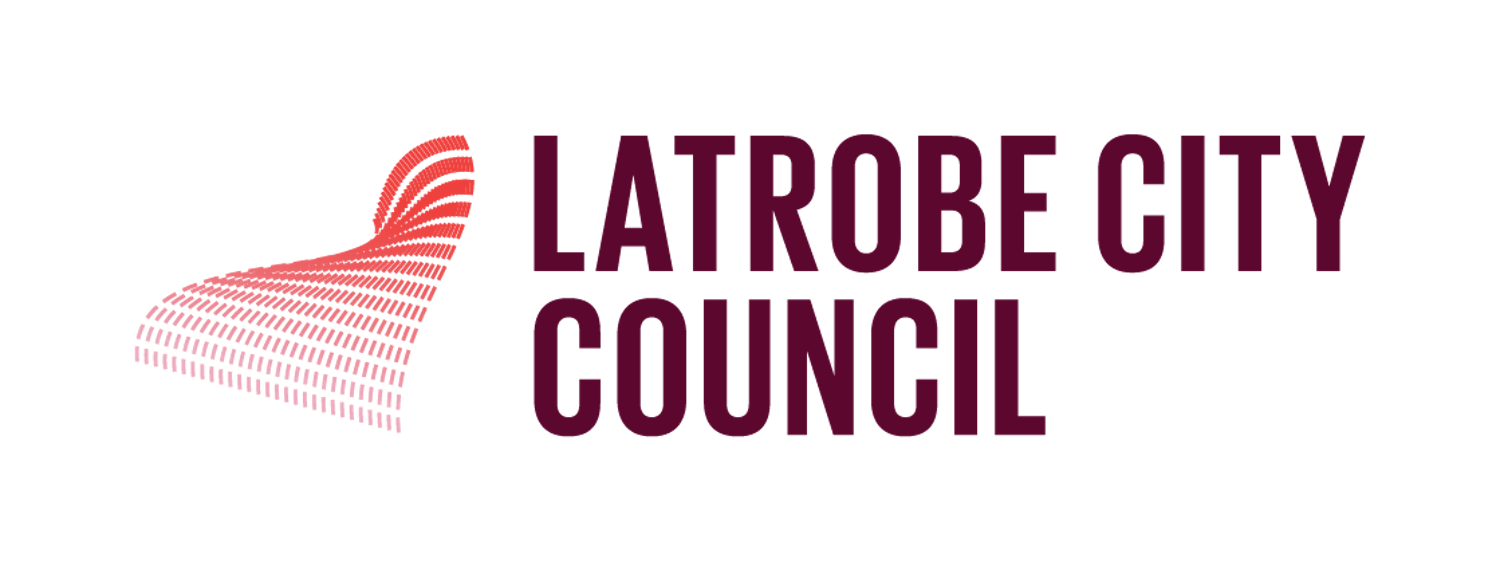
CLOSED: This survey has concluded.
Let's talk rubbish - waste survey
We want to understand our community's knowledge about waste!
By completing this survey, you understand that any submission that is made in this process will be used as date to help shape the Waste Management Strategy. Names and email information will be kept to find the winner of the Latrobe City gift voucher.
You can read the Privacy Policy for more information about how we collect data.
